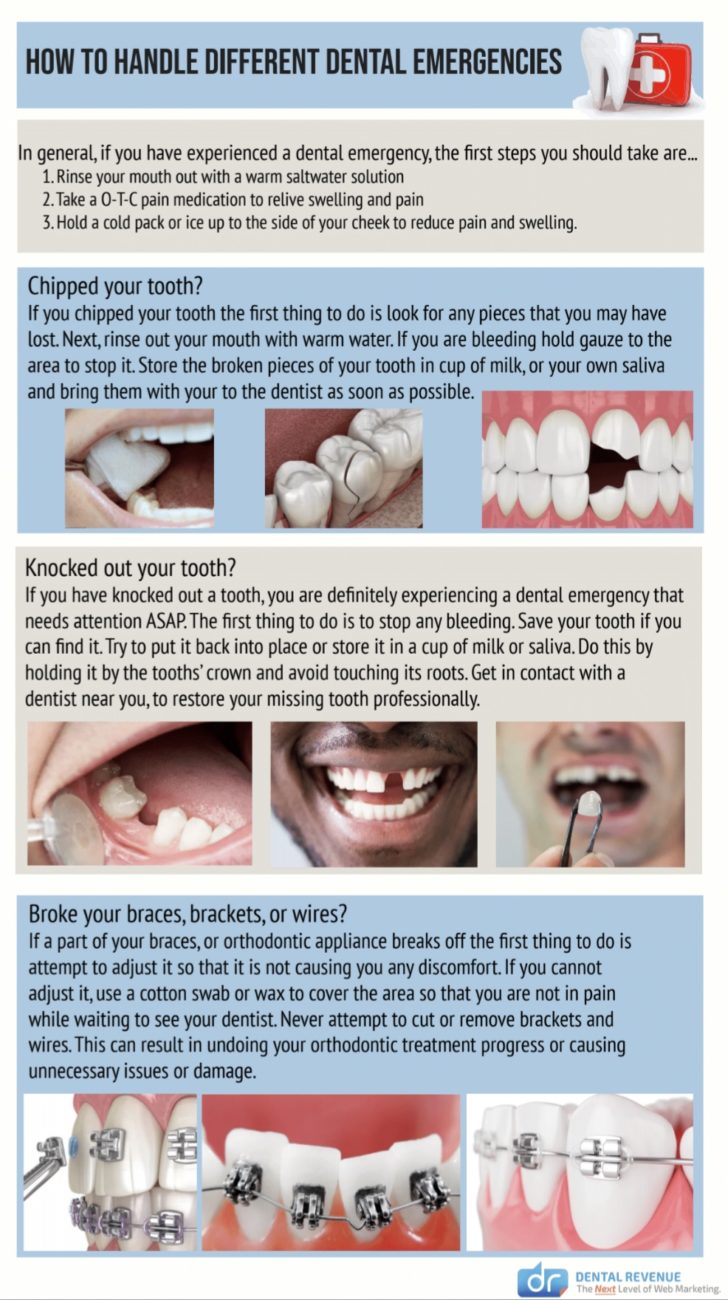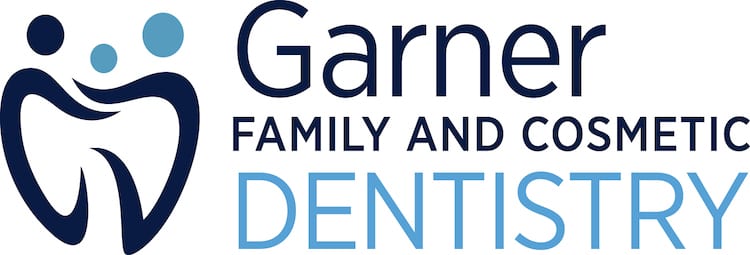If you are experiencing a dental emergency, please contact our office immediately for advice on how to proceed.
Accidents happen all of the time, and when they do—we are here to help. Garner Family and Cosmetic Dentistry understands that it is crucial to offer emergency services as a part of our general dentistry solutions to avoid patient discomfort or further damage. That’s why we make every effort to see patients the same day when necessary.
What Qualifies As a Dental Emergency
If you suspect you’re experiencing a dental emergency, our first recommendation is to call us immediately. We consider a dental emergency to be any instance in which you are experiencing extreme pain or discomfort and suspect that you could be at risk of permanent tooth loss. Here are our best tips on handling common dental emergencies.
Chipped or Cracked Tooth
If a tooth crack or chip is severe and results in a large portion of tooth loss, seek immediate dental care to avoid nerve damage. Try to salvage the broken piece and gently rinse the affected area with warm water.
Tooth Pain
Sudden or throbbing tooth pain should be assessed as soon as possible to determine if there are any underlying issues causing discomfort. Rinsing with warm water and taking an over the counter pain reliever can reduce your discomfort while at home. Remember never to place aspirin or another type of pain reliever directly on the surface of the teeth or the gums as this could cause further damage.
Abscessed Tooth
Sometimes, severe tooth pain can indicate the presence of an abscessed tooth. Contact our office immediately if you experience any of the following symptoms:
- Swollen Gums
- Sore Drainage
- Fever
- Chewing Pain
- Extreme Temperature Sensitivity
Knocked-out Tooth
Try to locate the lost tooth and pick it up gently by the crown. If the tooth is dirty, clean it with warm water—avoiding touching the root. Reposition the tooth in the socket or place it in a container of milk until you can be seen by a dental professional. It is essential to keep the tooth moist at all times.
Broken Crown, Bridge or Denture
Most dental crowns can be held in place temporarily by over the counter dental cement until you can make an appointment with your dentist. However, if the remaining portion is jagged or causing mouth discomfort, contact our office immediately. Additionally, chips or cracks in your dental bridge or denture should be assessed to avoid further damage and pain.

Emergency Dentistry FAQs
When you have dental emergencies it is best to place the tooth in?
If you are experiencing a dental emergency and have lost a tooth, it is preferable to rinse the tooth and put it back into its original place. Call your dentist immediately and be sure to save the tooth so that you can bring it with you to your appointment.
What is the most common dental emergency?
The most common dental emergency is a toothache. These are typically caused by a cavity or tooth grinding. Tooth aches can be extremely painful. If you are experiencing a toothache, the best first step is to rinse your mouth with warm water and brush your teeth to see if anything is stuck that may be causing the pain.
Can you go to the ER for a tooth?
Patients can go to the emergency room to manage pain from a dental issue, but the ER cannot perform any dental work. It is illegal for anyone other than a dental professional to perform any dental procedure.
Is a broken tooth an emergency?
Yes, a broken tooth is one of the most common dental emergencies. Go see your dentist ASAP if you break or fracture your tooth. A broken tooth can create many opportunities for bacteria to thrive and cause infections.
What happens if you leave a cracked tooth untreated?
If left untreated, a cracked tooth can cause pain, tooth decay, and eventually tooth loss. As soon as you notice that you have a cracked tooth, call our offices to schedule an appointment. We can discuss the damage and look into treatment choices for you.
What are the symptoms of a tooth infection spreading?
The main symptoms that a tooth infection may be spreading to the rest of the body is nausea, vomiting, and a fever. Other symptoms may include facial swelling, shortness of breath, and sharp achy pain inside of the mouth.
When in doubt, call us!
We are happy to help during dental emergencies. Again, please contact our office immediately if you suspect you’re dealing with a dental emergency, and we will provide you with the guidance you need to restore your oral health.
